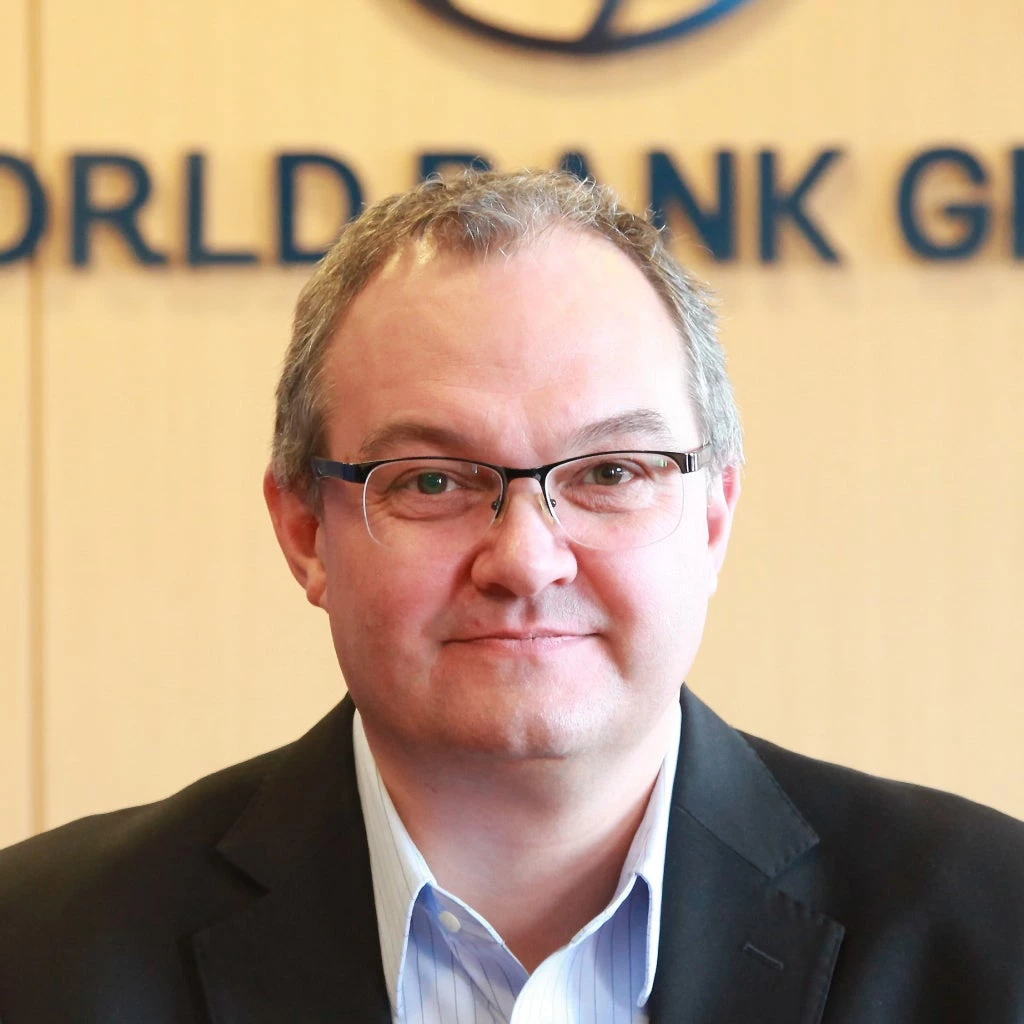
So the short answer is “Bank staff”. But that doesn’t mean everybody believes the Bank should be integrating human rights perspectives into their work, or even what the term means or what it would mean to adopt human rights approaches. Indeed, while the debate is well-informed and active in some circles—some 121 World Bank blog posts* reference human rights in some fashion—casual conversations on the topic with colleagues nevertheless often meets with raised eyebrows. “Yes, it is important, but is it the Bank’s role?” “There are many other donors working on human rights—is this really the Bank’s comparative advantage?” “Is this within the Bank’s mandate?”
It is hard to have an informed debate on such questions without a common understanding of how human rights would be integrated into the Bank’s work. There is little appetite among staff for the Bank playing the role of external critic. We don’t go to our client countries and criticize the quality of their roads, we help them build roads better. Why can’t we do the same when it comes to systems supporting human rights? Nor should we be enforcers. We leave it to others to enforce WTO and UNCAC, but that doesn’t mean we don’t talk about trade and corruption. We can certainly bring human rights into the development discourse without playing the role of enforcers of international agreements.
There are many who say that we are already supporting human rights in myriad ways: by supporting education and health care and access to clean water, by supporting open access to information, by supporting gender equality, and so on. Bringing “rights” into the equation shifts the emphasis, some feel, toward immediate universal provision of services that in reality can only be achieved gradually, toward a system where the costs of meeting those obligations and the benefits are irrelevant because they are all “rights”. Rights imply obligations with little recognition of trade-offs.
Valid arguments, certainly. Yet, we don’t shy from talking about rights in other contexts. Few would question the essential role of property rights for long-run development. Surely we don’t believe that emphasis on rights and obligation surrounding property—the obligation of the state to define, defend, and enforce those rights—is valid while emphasizing rights and obligations for human beings is not. We recognize the importance of human capital for long run development, so why not embrace the human rights that provide incentive to invest in human capital, just as we embrace the property rights that provide incentives to invest in real property and innovation?
How human rights would fit into the Bank’s mandate has been debated for at least a decade. From my perspective, however, focusing constructively on a country’s own efforts to improve human rights, and helping them to progress toward those goals, seems perfectly congruent with other governance efforts. Strengthening “rule of law” surely includes enforcement of rights embodied in law, and supporting the demand for enforcement of those rights by raising awareness about them. The Bank’s experience with confronting corruption as a development problem provides other lessons. Years ago, discussion of corruption was also considered by many to be outside of our mandate. A decade and a half on, the approach of constructive engagement with countries on the systems for preventing and reducing corruption has shown that such discussions support rather than contradict our mandate. The emphasis on systems, not on particular cases, and working in partnership with our clients has helped keep that effort from getting into political favorite-picking. Why can’t a similar approach—focusing on systems not cases, working with clients not against them—also be applied to human rights?
In trying to improve those systems the Bank’s penchant for analysis—examining costs and benefits, identifying binding constraints to progress—could not only support our clients in achieving their development objectives, but could also bring something new to the human rights table. At the NTF workshop, we repeatedly heard from many teams of the need to consider the context, rather than trumpeting inalienability of all rights in all contexts. In this discourse, good fit seems to be besting best practice.
But if much of what we are doing supports human rights already, and if we eschew the stridency of advocating particular cases, some may ask: why focus on rights at all? For me, the benefits of bringing a human rights perspective to our work isn’t so much about what we do as it is about why we do it. Couching discussion in terms of human rights evokes a sense of urgency that cost-benefit analysis, good fit, and binding constraints cannot. Framing our work in terms of rights provides an affirmation of the fundamental morality and humanity of the Bank’s mission to fight poverty.
*A search of World Bank blogs on the term “human rights” turned up 121 posts including:
• In the Governance for Development blog, Ariel Fiszbein: “As is often the case, I have found that much of debate is permeated by differences in language and distrust over motivations. Having participated in a number of discussions on the topic over the past couple of years, it is my strong impression that when the dust settles, there is much in common between the concerns of proponents of CCT programs and human rights activists: a focus on governance and accountability provide the space for a fruitful interaction between them.”
• In the Africa Can blog, Shanta Devarajan: “In short, achieving human development outcomes requires improving accountability in service delivery, which may or may not be driven by a concern for human rights.”
• In the Growth and Crisis blog, Otaviano Canuto: “the emphasis on human rights thinking has also produced a growing emphasis on participation, consultation and accountability in development projects.”
• And my own somewhat lighter treatment on the use of the term in the English language: “human rights diverged significantly from property rights around the 1970s, although both terms increased in prominence in the 1980s and 1990s.”


Join the Conversation